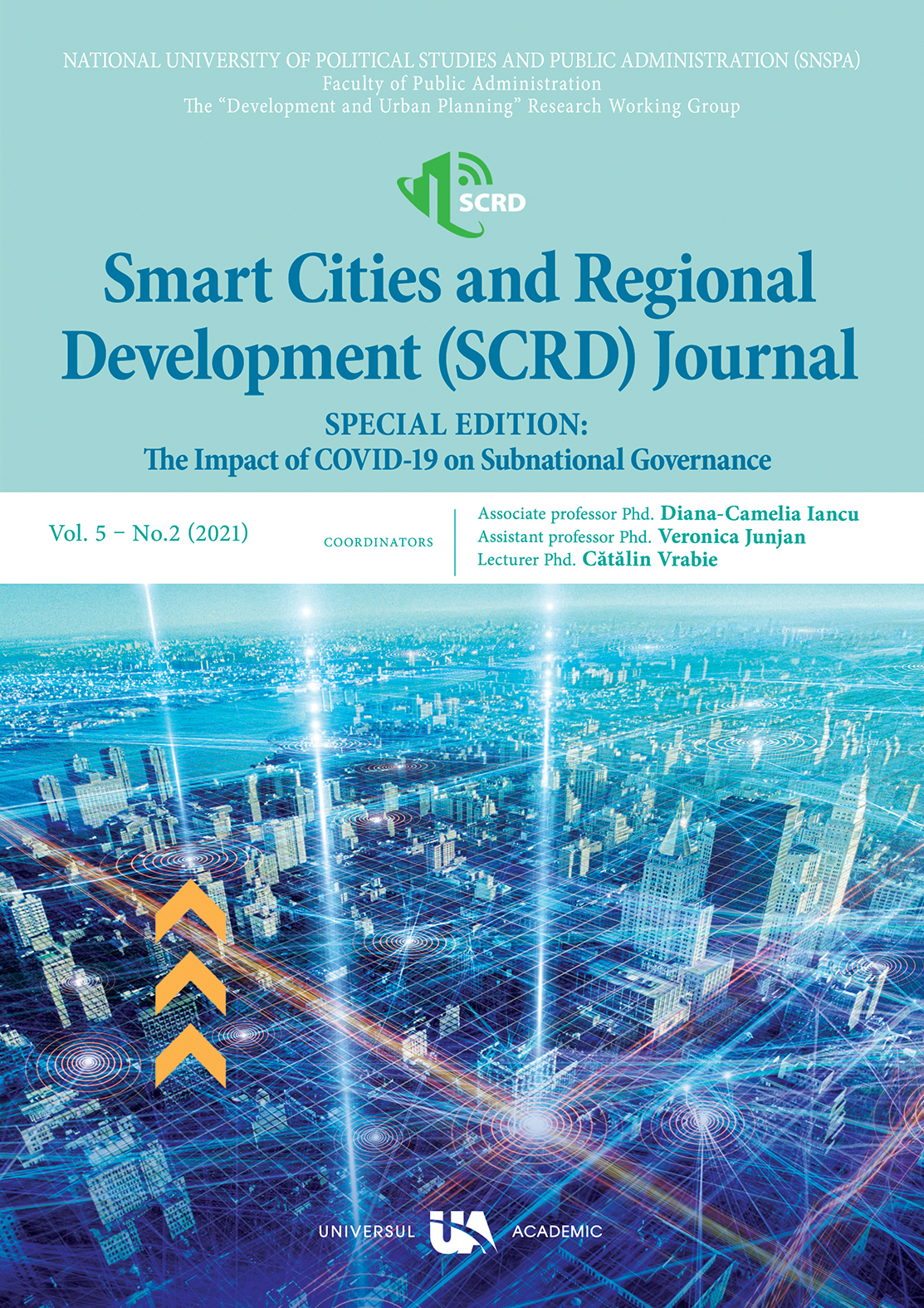Smart redevelopment of slums prevent epidemics
Smart redevelopment of slums prevent epidemics
Author(s): Amitava BasuSubject(s): Social Sciences, Economy, National Economy, Energy and Environmental Studies, Sociology, Applied Sociology, Social development, Social differentiation, Economic development, Environmental interactions, Socio-Economic Research, Identity of Collectives
Published by: Editura Pro Universitaria
Keywords: pandemic; slum; social distancing; hand-wash; smart city program;
Summary/Abstract: Novel corona virus pandemic has placed the slum dwellers at high risk. This necessitates re-development of slums. This paper discusses the priority for slum re-development under Smart City Program, and the way forward in India. Prior Work: A study was carried out on early lessons from public administration measures to address the corona pandemic in India. This paper is based on a research following the earlier study. Approach: The process involved – (a) Study and analyze health survey reports of various municipalities; (b) Sample field surveys; (c) Discussions with limited number of municipal officials; and (d) Comparative analysis of other similar studies. Results: Slums are characterized by congested space, lack of adequate water supply, unhygienic sanitation conditions. Almost 8 to 10 persons live in a cramped space. Majority of the slum dwellers are daily wage earners and poor. Congested space and insufficient water do not allow social distancing and hand wash, which are essential to fight novel corona virus infection. Further, exposure outside home for daily earning makes the slum dwellers vulnerable to corona infection. Dharavi slum of Mumbai metropolitan in India, and some of the informal settlements of New York are unique examples. To address the present pandemic and improve the quality of life of the slum residents, re-development of slums and local economic development assume significance. It calls for re-oriented approach in urban planning, infrastructure development and creation of local employment opportunities under Smart City program. Implications: (a) Urban planners need to research for effective redevelopment of slums, and (b) Practitioners require to be familiarized with the urgent need to improve slums and are provided with options to re-orient area-based development as part of Smart City. Value: The study findings are relevant for most developing countries. It provides a way forward in redefine the priorities of “Smart Cities”.
Journal: ORAȘE INTELIGENTE ȘI DEZVOLTARE REGIONALĂ
- Issue Year: V/2021
- Issue No: 02
- Page Range: 11-22
- Page Count: 12
- Language: English

